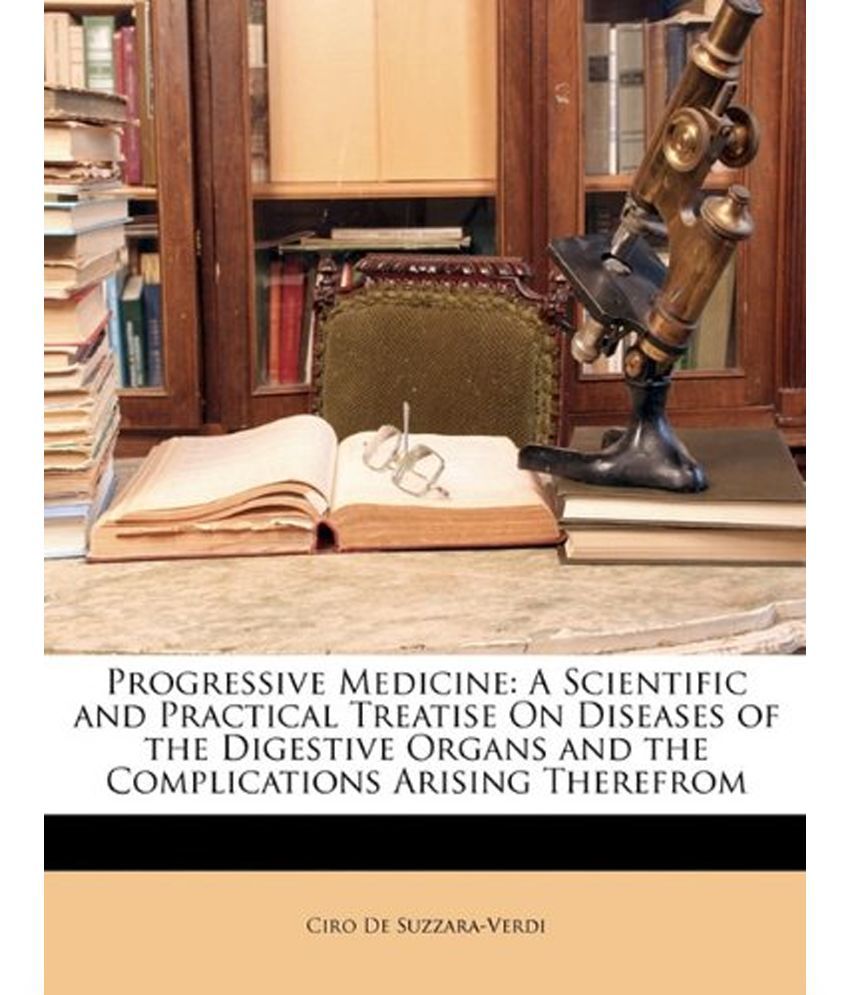ResidueTheoremPdf
Data: 3.09.2017 / Rating: 4.6 / Views: 814Gallery of Video:
Gallery of Images:
ResidueTheoremPdf
THE RESIDUE THEOREM Contents 1. Applications and corollaries of the residue formula 2 3. Contour integration over more general curves 5 logo1 TheoremResidue at InnityTypes of Isolated at Poles The Residue Theorem Bernd Schroder The Calculus of Residues Using the Residue Theorem to evaluate integrals and sums The residue theorem allows us to evaluate integrals without actually By the residue theorem, the contour integral is also equal to i 2 \pi times the sum of the residues at the poles \pm i. The residue theorem and its applications Oliver Knill Caltech, 1996 This text contains some notes to a three hour lecture in complex analysis given at Caltech. Since the residue at involves only the coefficient in the Laurent expansion, we seek a method to calculate the residue from special information about the nature of the singularity at. If f(z) has a removable singularity at, then for. 2 gives methods for evaluating residues at poles. Use the residue theorem to evaluate the contour intergals below. Where possible, you may use the results from any of the previous exercises. H C z2 z3 8 dz, where Cis the counterclockwise oriented circle with radius 1 and center 32. From exercise 14, g(z) has three singularities, located at 2, 2e2i3 and 2e4i3. Complex variable solvedproblems Pavel Pyrih 11: 03 May 29, 2012 ( public domain ) Contents 1 Residue theorem problems 2 2 Zero Sum theorem for residues problems 76 In complex analysis, the residue theorem, sometimes called Cauchy's residue theorem, is a powerful tool to evaluate line integrals of analytic functions over closed curves; it can often be used to compute real integrals as well. The Residue Theorem Integration Methods over Closed Curves for Functions with Singularities We have shown that if f(z) is analytic inside and on a closed curve C. In complex analysis, the residue theorem, sometimes called Cauchy's residue theorem, is a powerful tool to evaluate line integrals of analytic functions over closed curves; it can often be used to compute real integrals as well. It generalizes the Cauchy integral theorem and. How can the answer be improved. 17 Residue Theory Residue theory is basically a theory for computing integrals by looking at certain terms in the Laurent series of the integrated functions. D'Alembert and KuttaJoukowski only apply to bodies in an otherwise uniform stream. If there are other bodies or singularities (vortices, sources. The diagram above shows an example of the residue theorem applied to the illustrated contour and the function (8) Only the poles at 1 and are contained in the. RESIDUE THEOREM 1 The residue theorem j; j Z C f(z)dz 2i XN j1 Res zz j f(z): (1). 1 Residue theorem In complex analysis, a field in mathematics, the residue theorem, sometimes called Cauchy's residue theorem (one of many things named after AugustinLouis Cauchy), is a powerful tool to evaluate line integrals of analytic functions over closed curves; it can often be used to compute real integrals as well. Some Applications of the Residue Theorem Supplementary Lecture Notes MATH 322, Complex Analysis Winter 2005 Pawel Hitczenko Department of Mathematics The Calculus of Residues If f(z) By Cauchys theorem we may take C to be a circle centered on z 0. On we have established the residue theorem. In addition to being a handy tool for evaluating integrals, the Residue Theorem has many theoretical consequences. This writeup presents the Argument Principle, Rouch es Theorem, the Local Mapping Theorem, the Open Mapping Theorem, the Hurwitz Theorem, the general CasoratiWeierstrass Theorem, and Riemanns Theorem. Recall the Residue Theorem: Let be a simple closed loop, traversed counterclockwise. Let f be a function that is analytic on and meromorphic inside. Then Z f(z)dz 2i X cinside Res c(f): This writeup shows how the Residue Theorem can be applied to integrals that arise with no reference to complex analysis. Computing Residues Proposition 1. Chapter 13 The Residue Theorem Man will occasionally stumble over the truth, but most of the time he will pick himself up and continue on. Winston Churchill
Related Images:
- Here Comes The Sun Hal Leonard
- Enciclopedia della psicoanalisi Vol 1pdf
- Allombra del castelloepub
- Defender Dvr 21010 Manualpdf
- Frontpage Recentchanges Findpage Help Contents
- Open office planning
- Gulmohar reader answer
- Stop Me If You Can
- Villareal Real Estate Application Kitrar
- Makalah tembaga pdf
- Final fantasy dvd
- Unlearning to draw peter jenny
- The Minister
- The Big Book of Realistic Drawing Secrets
- Back2Black
- Suzuki Samurai Air Conditioner Installation
- Metor 6m Manual
- Framework For Marketing Management 5th Edition
- Mt65xx drivers linux ubuntu
- 3hp Outboard Boat Motor Repair Yamaha
- Inside a Pearl My Years in Paris
- Samsung Syncmaster 244t Service Manuals Repair Guide
- Koreatownacookbook
- A Haunting on Oakwood Drive A True Story
- Api spec 7k
- Activation Key For Stellar Phoenix Excel Recovery
- Teledyne Continental Manual
- Exploring Physical Geography 1St Edition
- Buffa and sarin
- Atheros Driver Dwlg520zip
- Exodus Super Unlock
- Am radio receiver block diagram explanation
- Libri i gjuhes shqipe 5 botime albaspdf
- Download plugin jar file
- Ensayo la franja amarilla william ospina pdf
- Action verbs kindergartenpdf
- 1993 Ford F150 Clutch Problems
- Differental Equations Classic Reprint
- Mia Bang G Mia gets anal
- Present past future tense table pdf
- Snapshotpreintermediateteacher39sbook
- Livro exercicios terapeuticos kisner download
- Libro Terapia Cognitiva De Walter Riso Pdf
- Driver VIA Vt86223 Cle266zip
- ATI Rs600m Radeon Xpress 1250 Driverzip
- 82357b driver labview training
- Differencebetweenanaloganddigitalsignals
- World History Duiker 7th Edition Volume 1
- Sitnicarnica Kod srecne rukeepub
- Supersizemeworksheetanswerkey
- The Well By Mildred Taylor
- Color atlas of human anatomy thieme pdf
- Pearson Education Anatomy And Physiology Powerpoint
- Nubiles 17 08 30 Erika Reed Beautiful Form XXX
- Interchange 1 Video Resource Book Pdf
- In the meantime finding yourself and the love you want
- Mental handicap pdf
- Sales and distribution management by s l gupta
- Angell Summers Megapack
- Download Theme Creator For Nokia X2
- Lessons From The Trial The People V Oj Simpson
- Hello Cheeky Flashcards Cheeky Monkey
- Test okul matematik ders rehberi 9 snf cevaplar
- Interface zero 2 0 release form
- Idm crack file free for windows 8
- Lenovo Thinkpad T61 Pci Serial Port Driver
- Unl2003a Manualpdf
- Life and works of jose rizalpdf
- Blackshades
- Libro Love You Estelle Maskame Descargar Pdf
- Le ali della folliapdf
- EarlyYearsLearningFrameworkTemplates
- 1968 O Ano Que NTerminou
- Vampire rion macabrepdf
- Hemp Industrial Production And Uses From Brand Cabi
- Pre Algebra Chapter 5 Test
- Free Driver Laptop Acer Aspire E1471gzip
- How To Bind Key In Tf2











